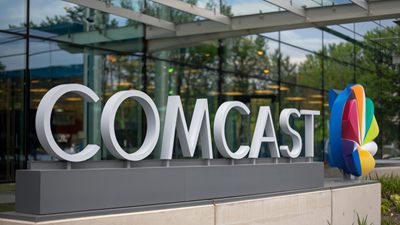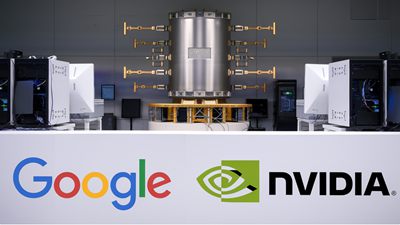Is Chevron a Good Buy Now? An In-Depth Analysis Based on Recent Developments
Chevron Corporation (CVX) is one of the world’s largest integrated energy companies, with operations in more than 180 countries. The company explores, produces, and transports crude oil and natural gas; refines, markets, and distributes transportation fuels and lubricants; manufactures and sells petrochemicals and additives; generates power; and develops and deploys technologies that enhance the energy efficiency of its operations.
Given the current market conditions, investors may be wondering whether Chevron is a good buy now. In this report, we will analyze recent developments related to Chevron’s financial health, future prospects, and industry trends to help answer this question.
Chevron’s Financial Health and Future Prospects
In the first quarter of 2023, Chevron reported net income of $5.5 billion, down from $6.6 billion in the same period last year. The decline was mainly due to lower realized oil prices and higher exploration expenses. However, the company generated strong cash flows, with operating cash flow of $14.8 billion, up from $13.2 billion in Q1 2022.
As of March 31, 2023, Chevron had $17.5 billion in cash and cash equivalents and $37.8 billion in debt, resulting in a net debt-to-total capitalization ratio of 16.5%. The company has been reducing its debt levels in recent years and aims to maintain a strong balance sheet to weather market fluctuations and invest in growth opportunities.
Chevron’s management is optimistic about the company’s future prospects, as evidenced by its capital spending plans. In 2023, Chevron expects to spend $15 billion on capital projects, up from $14 billion in 2022. The majority of the investments will be directed towards upstream projects, including exploration and production activities, as well as midstream assets, such as pipelines and terminals.
Industry Trends: A Focus on Decarbonization and Sustainability
The global energy industry is undergoing a significant transformation, driven by the need to reduce greenhouse gas emissions and transition to a low-carbon economy. Chevron is well aware of these trends and has been taking steps to position itself as a leader in sustainable energy solutions.
In 2021, Chevron announced its goal to become a net-zero upstream greenhouse gas emissions company by 2050, while also growing its business through investments in renewable energy and carbon capture and storage (CCS) technologies. The company has identified several key areas where it can make progress towards these targets, including:
- Reducing methane emissions from operations
- Improving energy efficiency and reducing flaring
- Investing in renewable energy projects, such as wind and solar power
- Developing CCS technologies to capture and store CO2 emissions from industrial sources
Chevron is also investing in emerging technologies that have the potential to disrupt the traditional energy industry, such as hydrogen and biofuels. The company has partnered with several startups and research institutions to advance these innovations and bring them to market at scale.
Analysts’ Opinions: Mixed Sentiment on Chevron’s Future Prospects
Wall Street analysts have mixed opinions on Chevron’s future prospects. According to FactSet, as of May 31, 2023, out of the 26 analysts covering Chevron, 8 have a Buy rating, 15 have a Hold rating, and 3 have a Sell rating.
Some analysts are bullish on Chevron’s strong balance sheet, cash flows, and dividend yield, which currently stands at 4.2%. They argue that the company is well positioned to weather any market downturns and benefit from higher oil prices in the long term.
Others are more cautious, citing concerns over the company’s exposure to volatile commodity prices and its ability to transition to a low-carbon economy. They also point out that Chevron’s valuation is not particularly attractive compared to its peers, with a price-to-earnings ratio of 10.2x and a price-to-book ratio of 1.6x.
Conclusion: Is Chevron a Good Buy Now?
In conclusion, whether Chevron is a good buy now depends on several factors, including the company’s financial health, future prospects, and industry trends. While Chevron has been reporting solid earnings and cash flows, it faces challenges related to decarbonization and sustainability, which could impact its long-term growth potential.
Investors who are bullish on the energy sector and seeking income may find Chevron’s dividend yield attractive. However, those who are more risk-averse or focused on sustainable investments may want to look elsewhere.
Ultimately, investors should conduct their own research and consult with a financial advisor before making any investment decisions related to Chevron or any other company.


